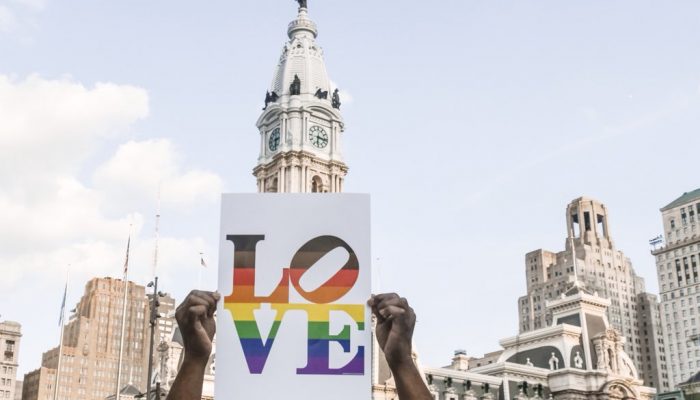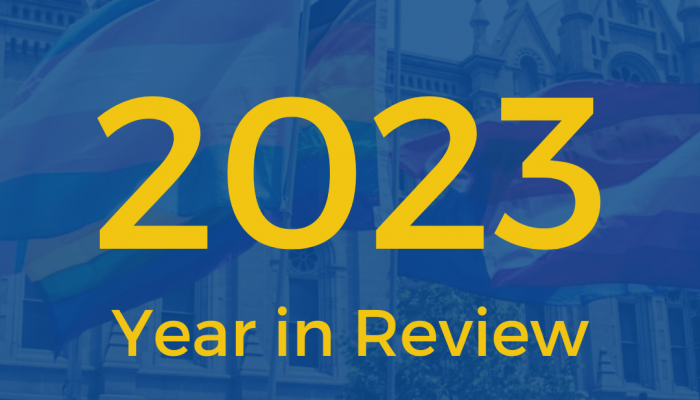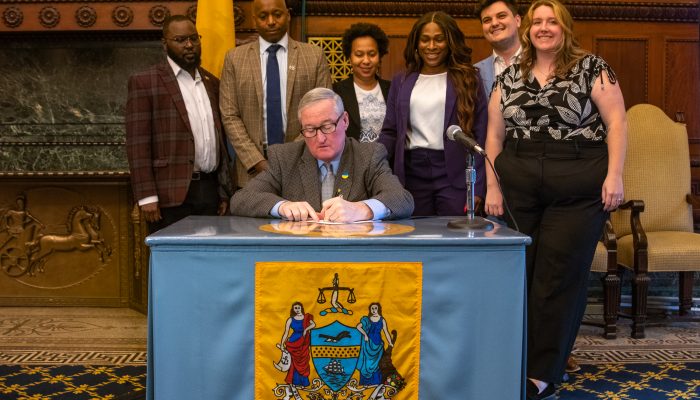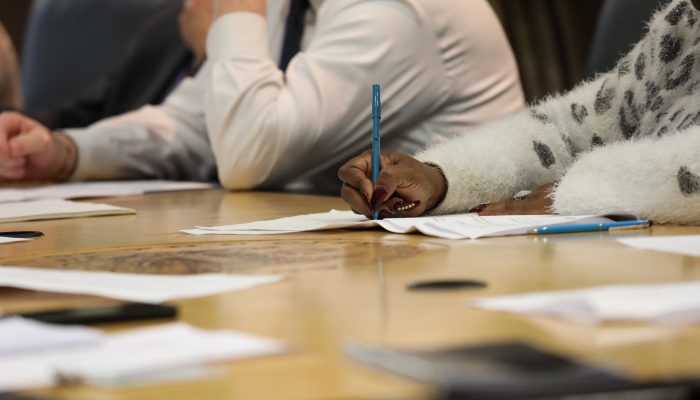October is LGBT History Month, a time to celebrate the history and achievements of lesbian, gay, bisexual, and transgender people. The month is meant to recognize the impact that these individuals have had on history locally, nationally, and internationally. It also provides role models, builds community, and represents a civil rights statement about the contributions of the LGBTQ+ community.
October was chosen because it coincides with National Coming Out Day on October 11 and the first March on Washington for Lesbian and Gay Rights in 1979.
It is important to remember and celebrate our history because it helps us understand the present and make informed decisions about the future. By learning about the past, we can identify patterns and trends that can help us predict what is likely to happen in the future. We can also learn from the mistakes of the past and avoid repeating them. Additionally, remembering history helps us appreciate the present and understand the challenges that people have faced in the past.
Philadelphia is home to a thriving LGBT community. Our city has a long history of LGBT activism, and it is now one of the most accepting cities in the United States for LGBT people. There are also many LGBT-friendly businesses and organizations here in Philadelphia.
The Philadelphia LGBT community has roots dating back to the 1930s and 1940s. In the 1950s, jazz, espresso, and beatnik culture created a niche for the city’s gay community. Rittenhouse Square was a public space for gay men, lesbians, and trans people as early as the 1930s.
In the 1960s and 1970s, Rittenhouse Square was the center of gay life in Philadelphia. The first Pride march in Philadelphia started at Rittenhouse Square and ended at Independence Hall.
As America’s Birthplace, Philadelphia is the home to The Declaration of Independence, the Constitution of the United States and the Bill of Rights. It only seems fitting that the City of Philadelphia also played key roles over the last fifty-plus years to the LGBTQ+ Civil Rights Movement. To that end, Philly was home to some of our most celebrated LGBTQ+ advocates and activists. Barbara Gittings, the Mother of the LGBT Civil Rights Movement, and to Dr. John Fryer (aka Dr. Anonymous) who fought tirelessly to declassify homosexuality as a mental illness.
This month the Office of LGBT Affairs spotlights four Human Rights Defenders. Alain Locke, the first Black Rhodes Scholar and father of the Harlem Renaissance; Gladys Bentley, a Black Gender nonconforming lesbian who paved the path for black musicians in the LGBTQ+ movement; and Charlene Arcila, a Black Trans woman who founded the Philadelphia Trans Health Conference, now known as the Trans Wellness Conference. Charlena also led the movement to remove gender makers from SEPTA passes.
LGBT History Month is meant to promote equality and diversity by increasing the visibility of LGBTQ+ people, our history, lives, and our experiences. It sends an important message to teachers, school boards, community leaders, and youth about the importance of recognizing and exploring the role of LGBTQ+ people in American history. This is more important now than it has ever been.




